Dubai’s real estate market is experiencing a revolutionary transformation with the adoption of blockchain technology and smart contracts. Especially in the segment of off-plan properties Dubai, these technologies are redefining how property buying and selling occur by merging legal tech and fintech innovations to bring enhanced transparency, speed, and fraud reduction to property transactions.
What Are Smart Contracts and Blockchain?
- Blockchain is a decentralized digital ledger that records transactions in a secure, tamper-proof, and transparent manner.
- Smart contracts are self-executing digital agreements with terms directly embedded in code that run on blockchain platforms.
- When predefined conditions in a smart contract are met, the contract automatically executes actions such as payments, title transfers, or contractual obligations without human intervention.
- Together, they replace traditional paper-based, centralized processes with automated, reliable, and auditable digital workflows.
The Impact on Dubai’s Real Estate Market
- Transactions that once took 30-45 days now happen in minutes or hours through blockchain and smart contracts.
- The immutable ledger reduces property fraud by approximately 90%, safeguarding investment and ownership rights.
- Buyers and sellers directly connect with fewer intermediaries, cutting transaction costs by 50-70%.
- Tokenization allows fractional ownership, enabling investors to buy shares of high-value properties, lowering entry barriers.
- The Dubai Land Department’s partnership with Crypto.com facilitates real estate tokenization and accepts cryptocurrency payments, expanding market accessibility.
How Smart Contracts Improve Property Transactions
- Automate complex processes like payment verification, ownership transfers, and lease enforcement.
- Minimize errors and disputes by encoding contract terms transparently.
- Provide instant, verifiable proof of ownership and transaction history on-chain.
- Enable secure digital identity management and access control for properties.
- Streamline escrow by releasing funds automatically upon fulfillment of contract conditions.
Transparency and Trust from Blockchain
- All real estate transactions are recorded on a publicly accessible but secure blockchain ledger.
- Authorized parties can verify transaction details anytime, ensuring openness and trustworthiness.
- This transparency discourages fraud, forgery, and undocumented deals which have historically plagued real estate markets.
- Real-time access to data improves buyer confidence and regulatory compliance, elevating Dubai’s market reputation globally.
Speed and Cost Efficiency
- Smart contracts eliminate redundancies and manual paperwork, speeding up property closings dramatically.
- Eliminating intermediaries like brokers, lawyers, and escrow agents reduces fees and commissions.
- Faster transactions enable quicker movement of capital, improving liquidity for investors and developers.
- Time saved reduces holding costs and allows buyers to move into properties sooner.
Use Cases in Dubai’s Real Estate
- Automated purchase agreements for off-plan and completed properties.
- Self-executing rental contracts with built-in payment schedules and penalty enforcement.
- Fractional ownership via digital tokens on the blockchain.
- Cross-border deals executed in cryptocurrencies leading to near-instant settlement.
- Industry leaders such as Emaar, Damac, and Sobha have integrated blockchain smart contracts into their sales processes to boost efficiency and transparency.
Role of a Real Estate Agency Dubai in This Ecosystem
- Real estate agencies act as trusted guides helping buyers and sellers navigate the new blockchain-enabled processes.
- They provide tailored advice on deals secured by smart contracts and counsel on tokenized property investment.
- Agencies facilitate seamless interaction between parties on the digital platform and ensure compliance with evolving regulations.
- Their market expertise complements the technology, ensuring clients optimize value and minimize risks in transactions.
- They also help bridge traditional clients and tech-adopting investors during this digital transition.
Real Estate Buying with Smart Contracts: What Buyers Should Know
- Buyers in off-plan properties Dubai experience greater protection as deposits and milestones are governed by code, not discretion.
- The automatic execution of terms removes uncertainty about payment releases or ownership transfers.
- Digital transparency means buyers can audit transaction records themselves, reassuring them of legal safety.
- Buyers can also participate in fractional ownership models, opening access to premium properties once out of reach.
Challenges and Future Prospects
- Regulatory frameworks are evolving to officially recognize smart contracts and blockchain property records.
- Technical challenges like interoperability between platforms and user education remain barriers.
- Dubai’s authorities are progressive in enabling legal tech integration, with initiatives like Dubai Land Department’s blockchain registry leading the way.
- The future includes further adoption of decentralized finance (DeFi), global buy-sell platforms, and enhanced AI integration for contract analytics.
- Dubai aims to become the world’s leading real estate hub by combining technology with investor-friendly policies.
Conclusion
The rise of smart contracts and blockchain technology in Dubai’s real estate market, particularly in off-plan properties Dubai, is a groundbreaking shift towards a more transparent, efficient, and fraud-resistant ecosystem. This fusion of legal tech and fintech boosts transaction speed from weeks to hours, secures ownership histories immutably, and lowers costs by reducing middlemen.
Real estate agencies in Dubai are pivotal in guiding buyers and sellers through this new landscape, ensuring they leverage these technologies for maximum benefit while navigating regulatory and technical complexities.
As Dubai continues championing innovation through partnerships and strategic policies, blockchain and smart contracts stand to become standard in property buying and selling. This modern approach promises a trusted, streamlined, and globalized real estate market, attracting investors worldwide and creating a model for other cities to follow.




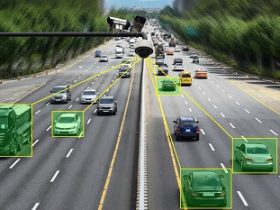




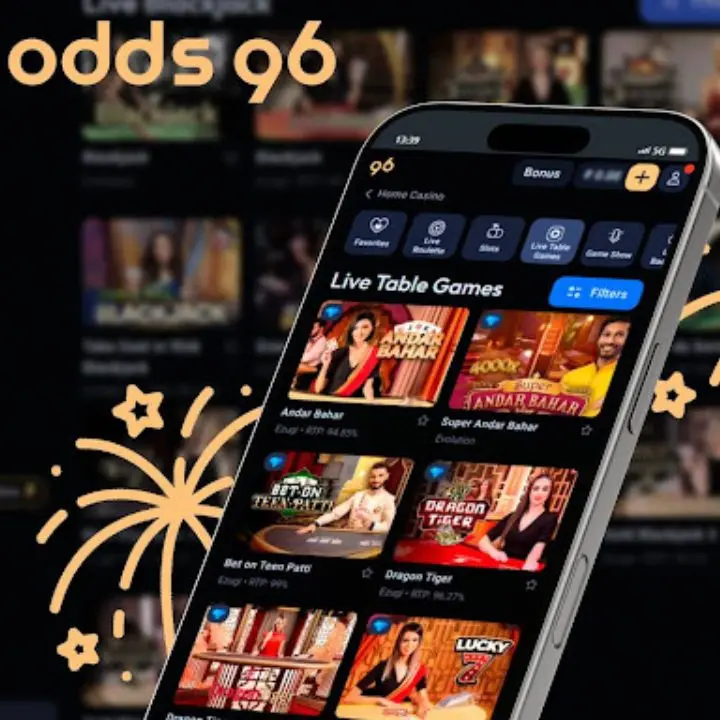
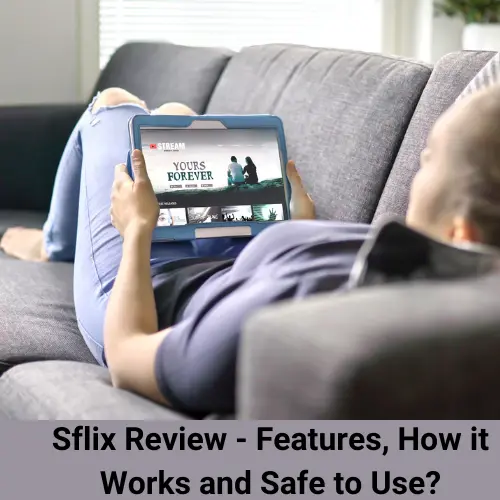










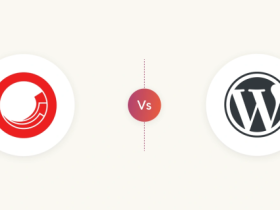








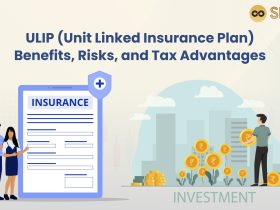



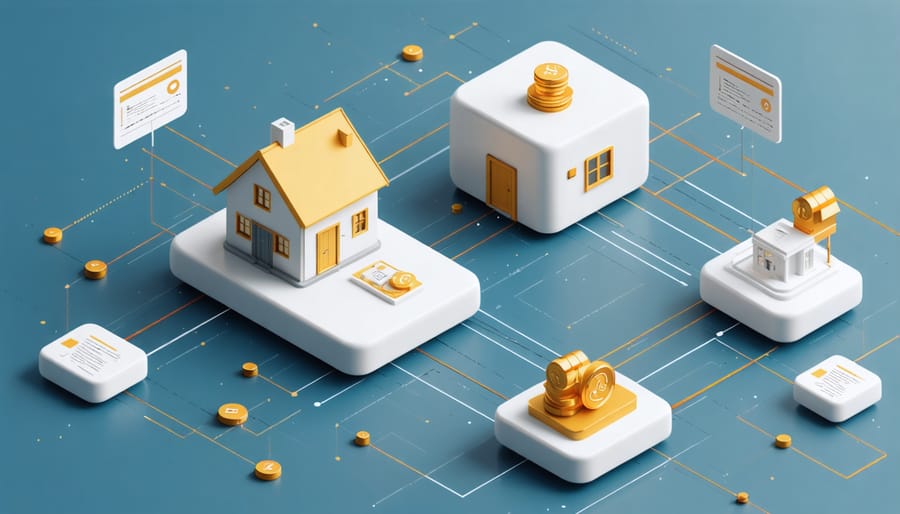







Leave a Reply